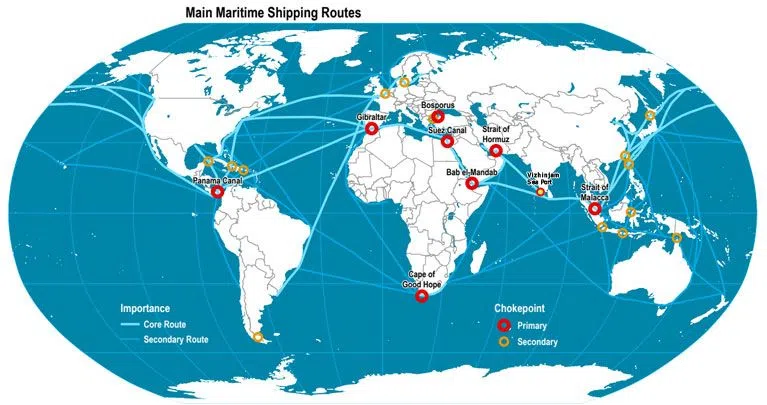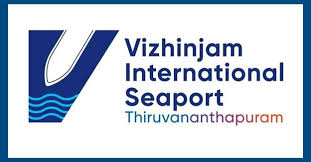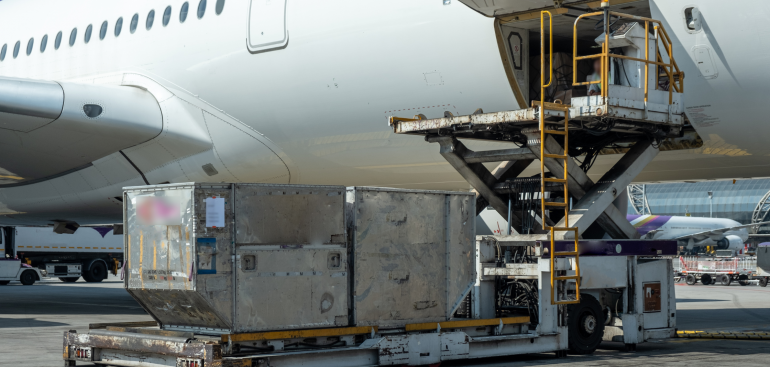Introduction
The eagerly awaited moment is finally upon us as the first container ship, laden with cranes and originating from China, is all set to dock at the illustrious Vizhinjam port on October 4th. This milestone marks the beginning of a new era for the port, signifying its readiness to handle international shipping operations. As we eagerly wait to witness this historic event, let’s delve into the details and significance of this monumental occasion.
Countdown to Arrival
- First Ship: October 4th
- Loaded with cranes, this vessel would be the very first ship to enter the harbor of Vizhinjam. It carries the promise of strengthening the port’s infrastructure and opening up avenues for more extensive maritime trade.
- The timely arrival of this ship not only serves as a display of efficiency but also underscores the rapid progress being made in completing the construction and development of the port.
- Second Ship: October 11th
- Building upon the excitement generated by the first ship’s arrival, a second ship will grace the shores of Vizhinjam on October 11th. With each successive arrival, the port gains momentum and establishes its position as a significant maritime hub.
- The arrival of the second ship further solidifies the commitment towards making Vizhinjam a formidable player in the global shipping industry.
A Glimpse of the Future
The completion of the Vizhinjam port is a watershed moment for Kerala as well as the entire country. With an estimated cost of Rs 7,700 crore, this state-of-the-art port is poised to become a game-changer in the field of maritime trade. Its commissioning, scheduled for May of next year, holds tremendous promise for multiple stakeholders. Let’s dive into a few key aspects that make Vizhinjam port a force to be reckoned with:
Strategic Location
Situated at the southern tip of India, Vizhinjam enjoys a geographically advantageous position. Its location opens up opportunities for enhanced connectivity and trade with the Middle East, Europe, Africa, and other regions. This proximity to major international shipping routes and potential markets gives Vizhinjam a competitive edge over other ports in the country.
State-of-the-Art Infrastructure
The comprehensive development of Vizhinjam port includes top-notch infrastructure features. This encompasses cutting-edge container handling facilities, advanced cargo handling equipment, and state-of-the-art warehousing capabilities. Collectively, these features will streamline operations, optimize efficiency, and ensure seamless handling of goods for exporters and importers alike.
Boosting International Trade
The establishment of Vizhinjam port is set to revolutionize international trade in the region. It will contribute significantly to India’s maritime industry, bolstering the country’s export potential while also facilitating the import of essential goods. This surge in trade activities at Vizhinjam not only augments India’s economic growth but also enhances its standing in the global market.
Employment Opportunities
The completion of Vizhinjam port holds immense promise for job seekers and aspiring professionals in the region. The magnitude of such a project translates into a surge in employment opportunities, catering to a wide array of skill sets. Whether it be port operations, logistics management, or administrative roles, the port is poised to create a ripple effect, positively impacting the economy and livelihoods of many.
Conclusion
The impending arrival of the first container ship at Vizhinjam port sets the stage for a grand debut in the world of maritime trade. As construction progresses and development of the port nears completion, we eagerly anticipate witnessing the transformation of Vizhinjam into a bustling international shipping hub. This ambitious project, poised to be commissioned by May next year, promises a bright future for Kerala and the entire nation. Let us embrace this historic moment as we witness the birth of a new era for Vizhinjam port.




